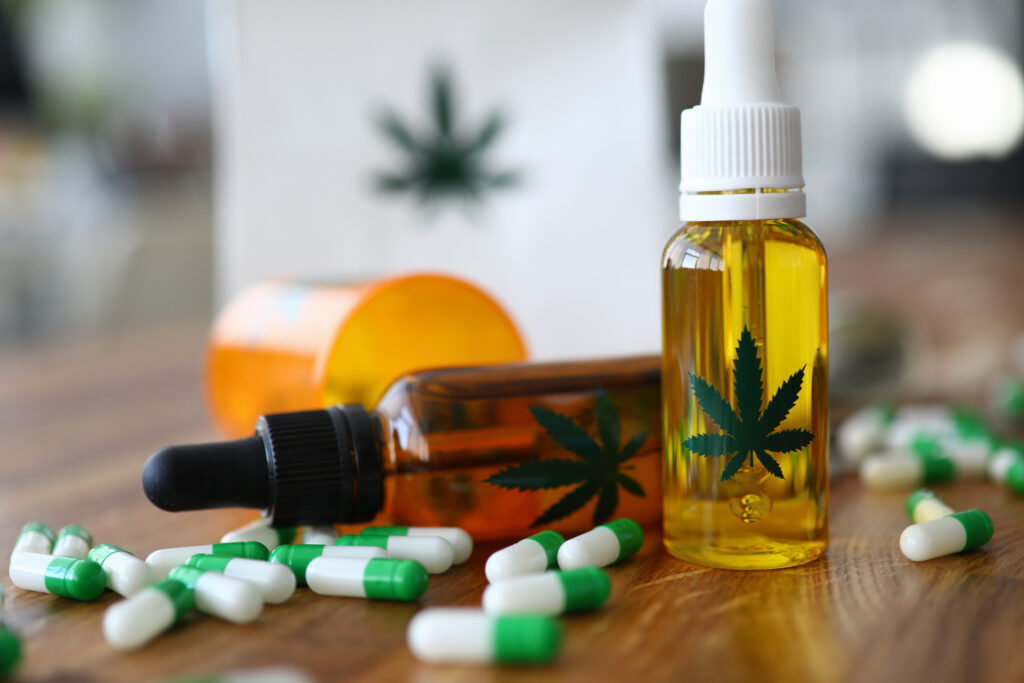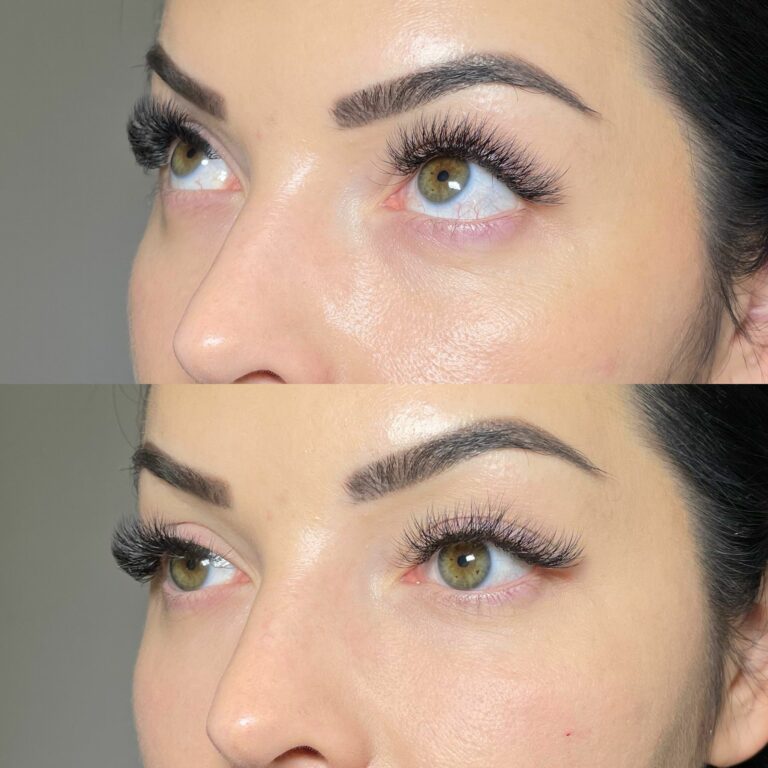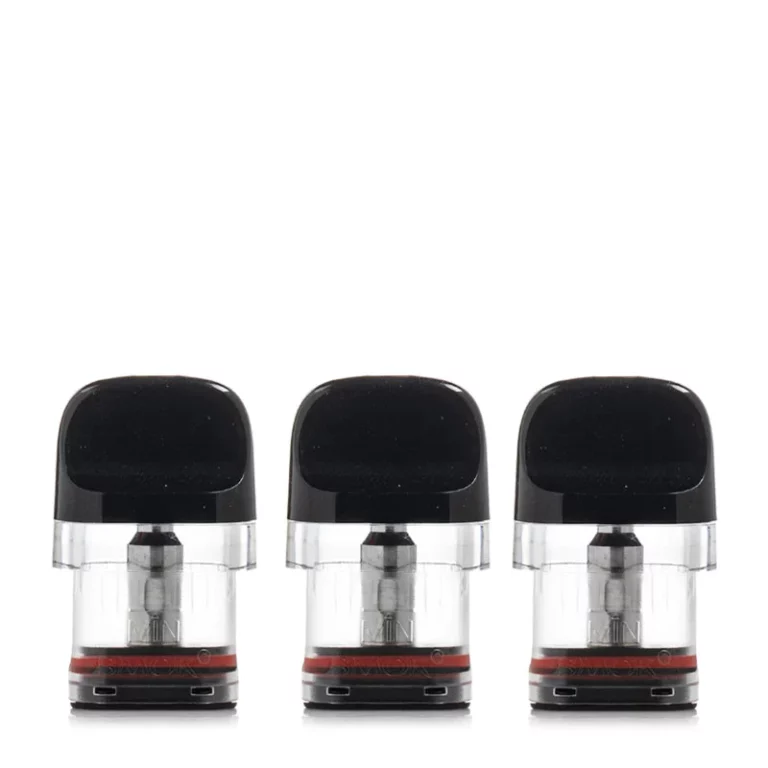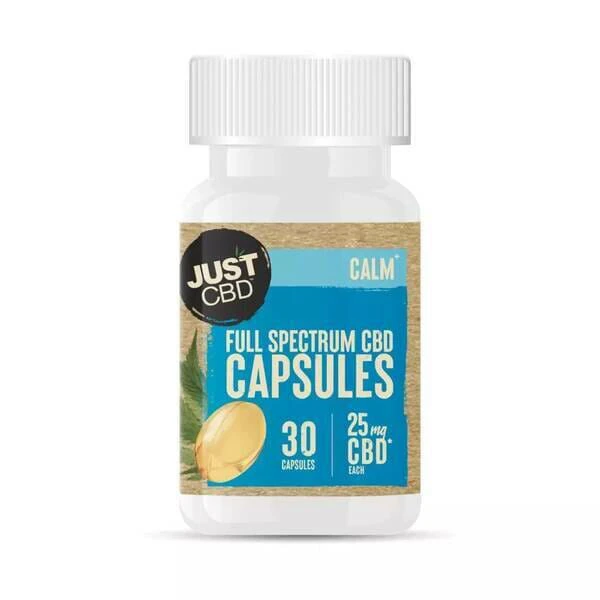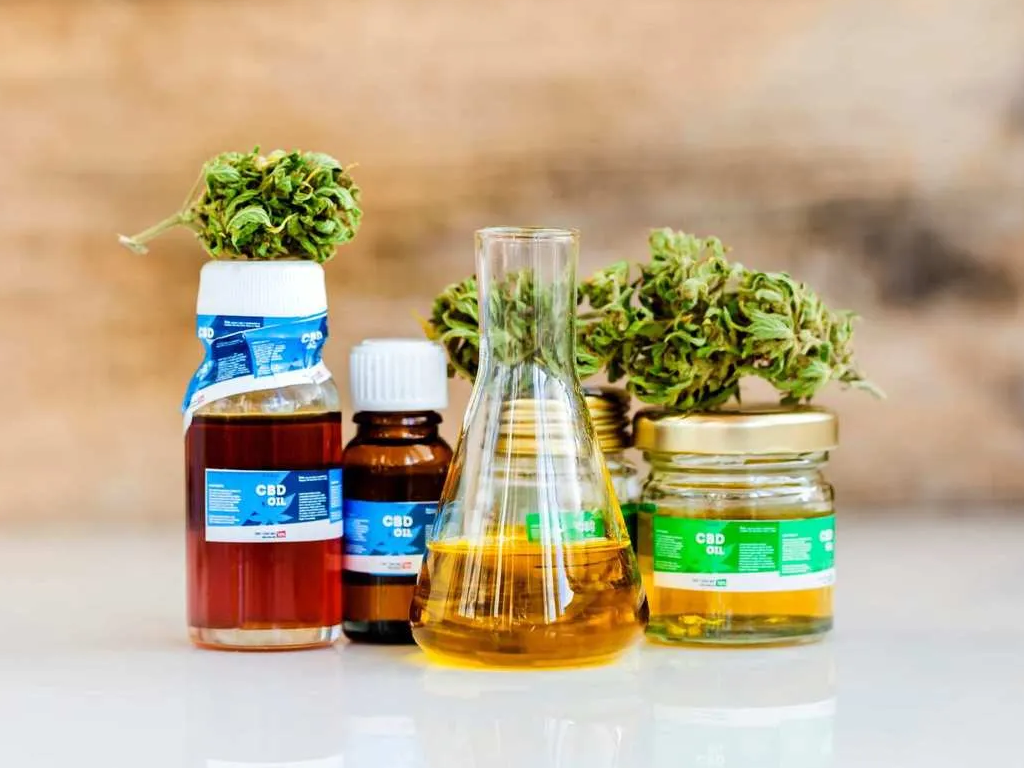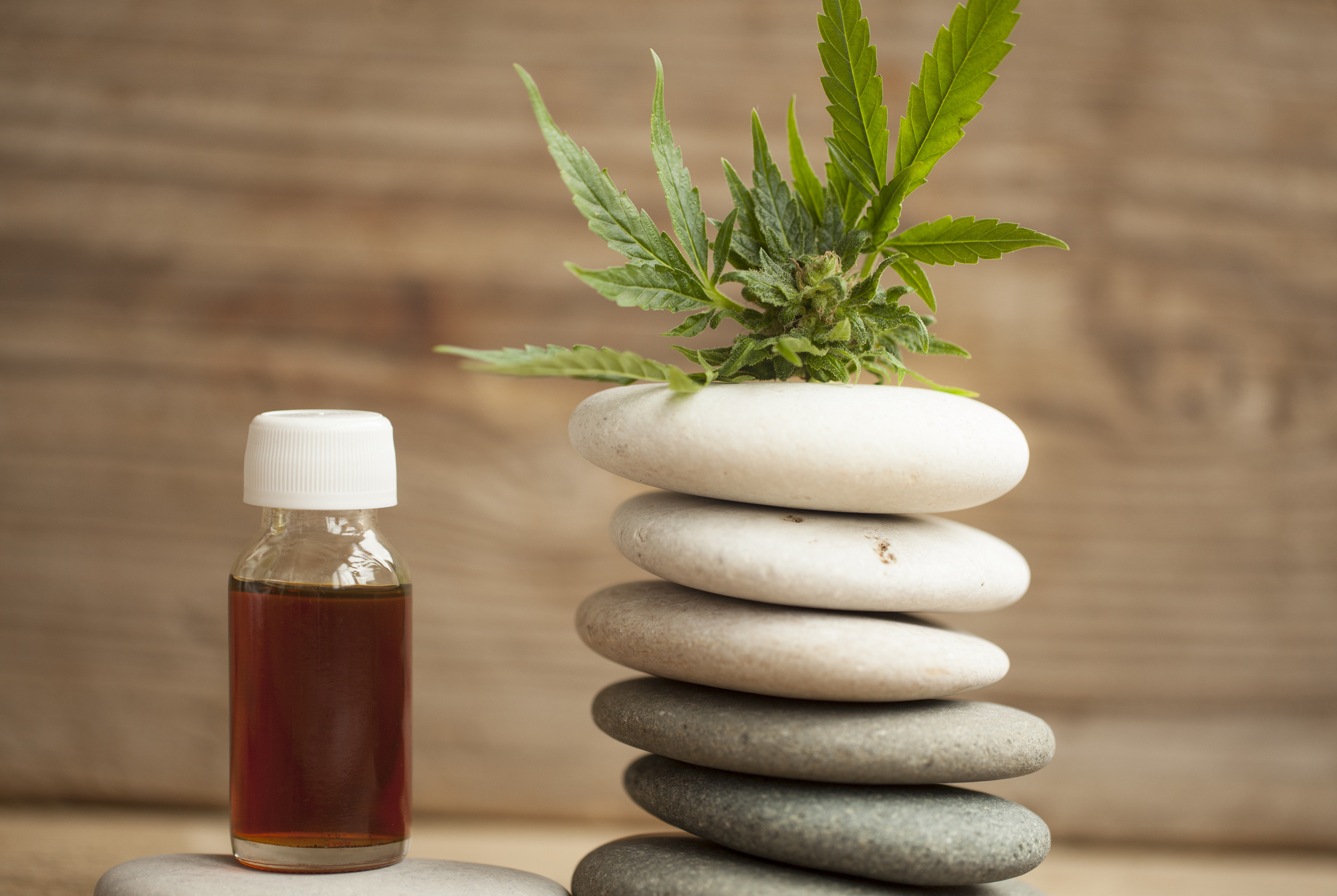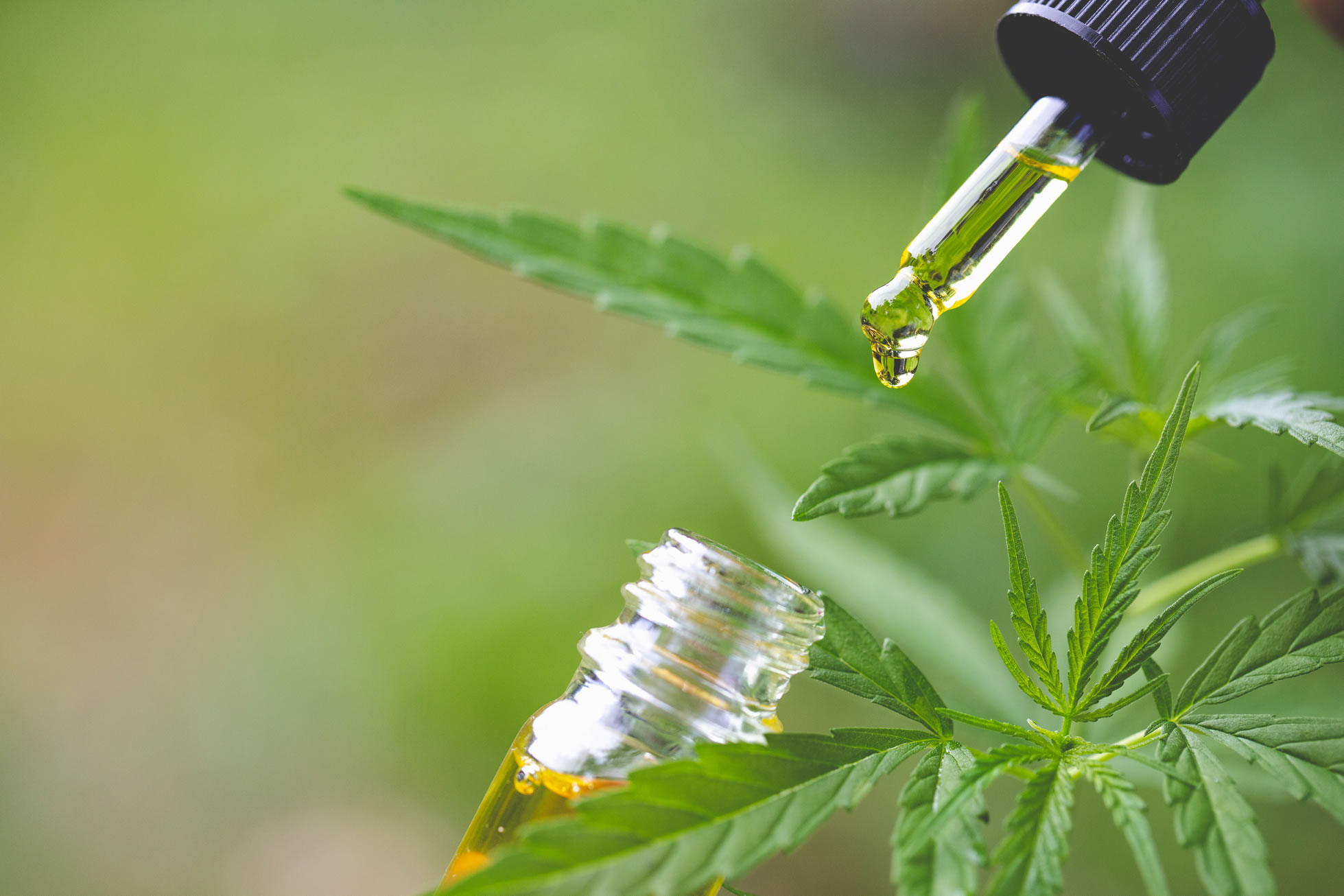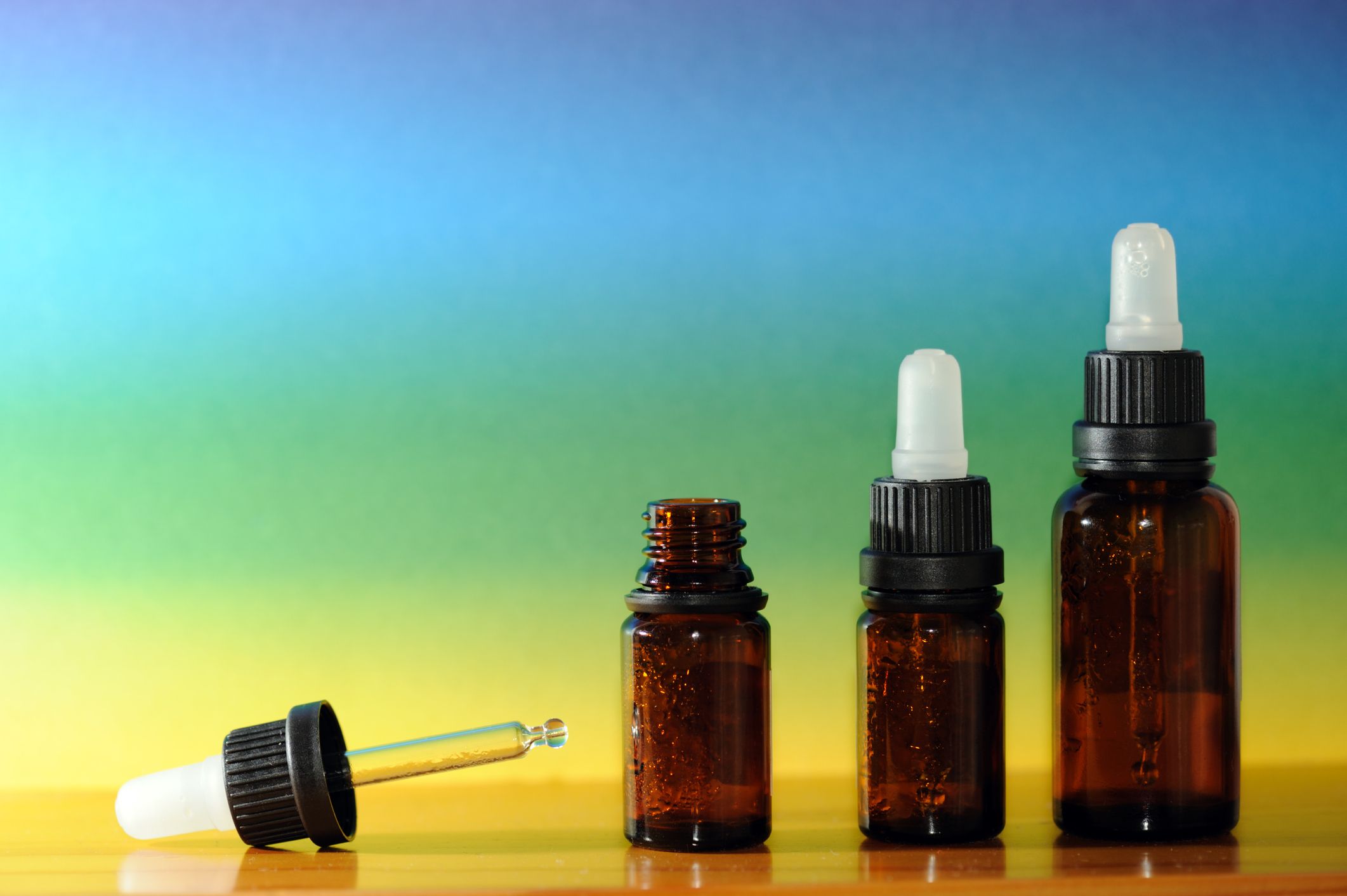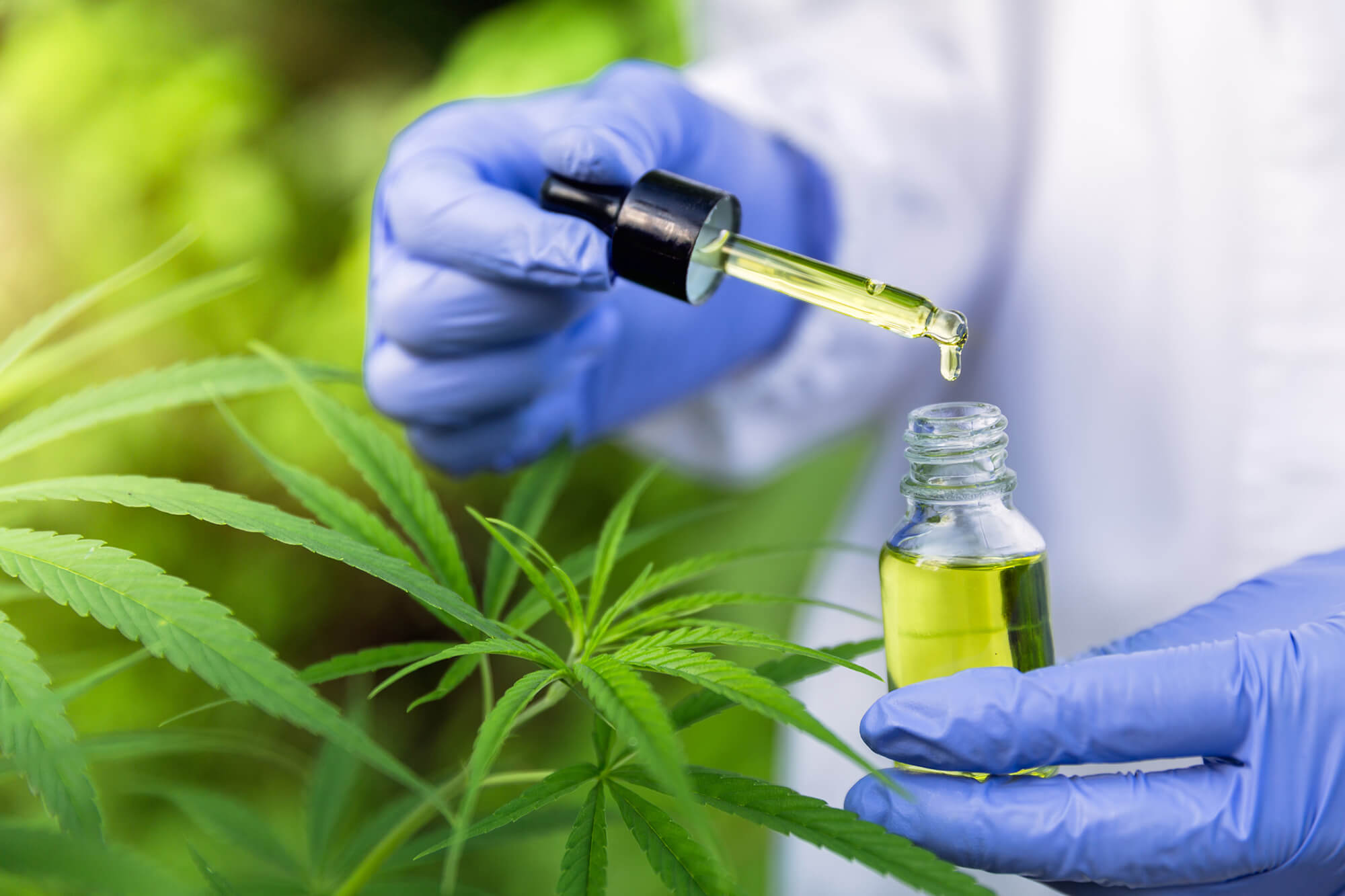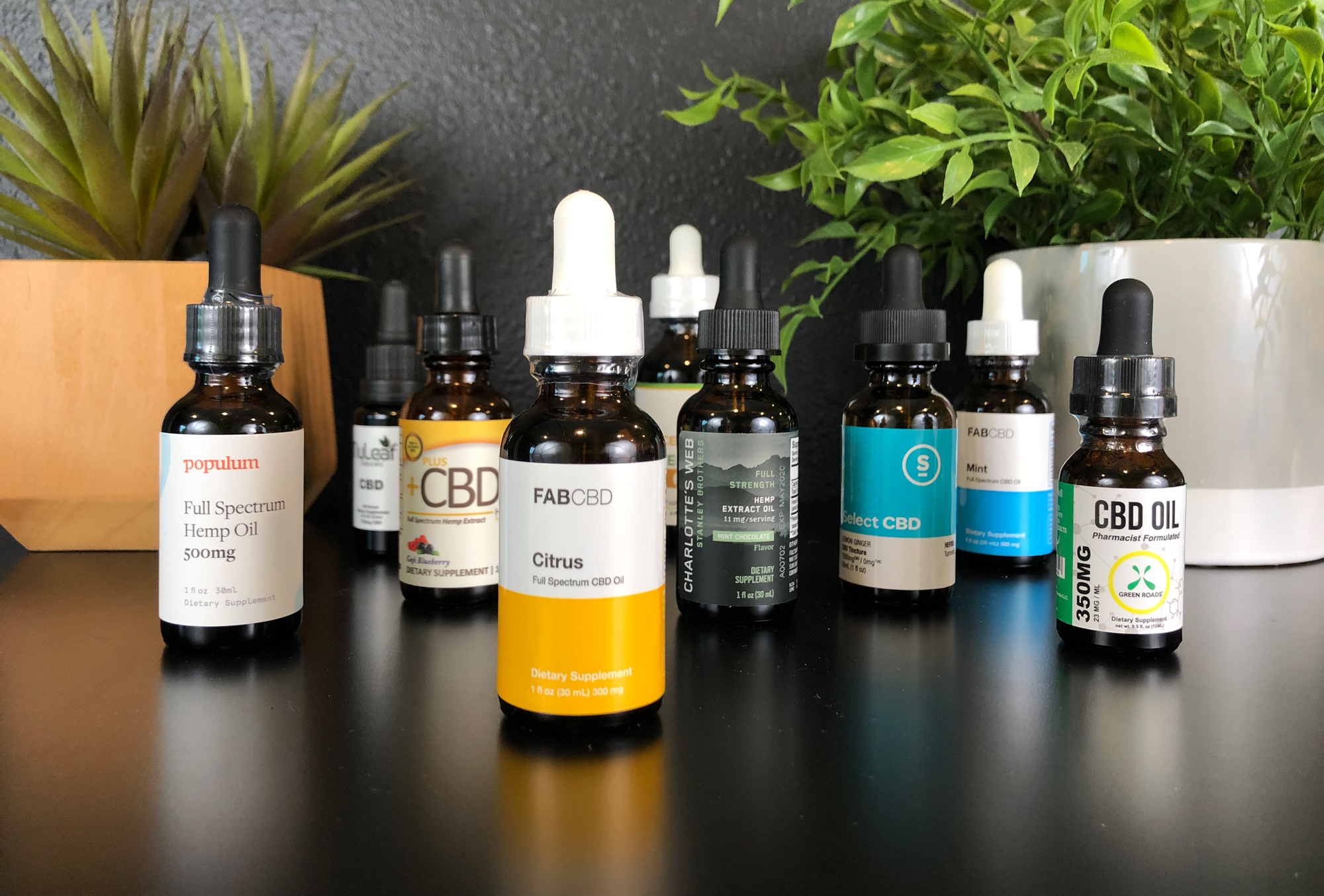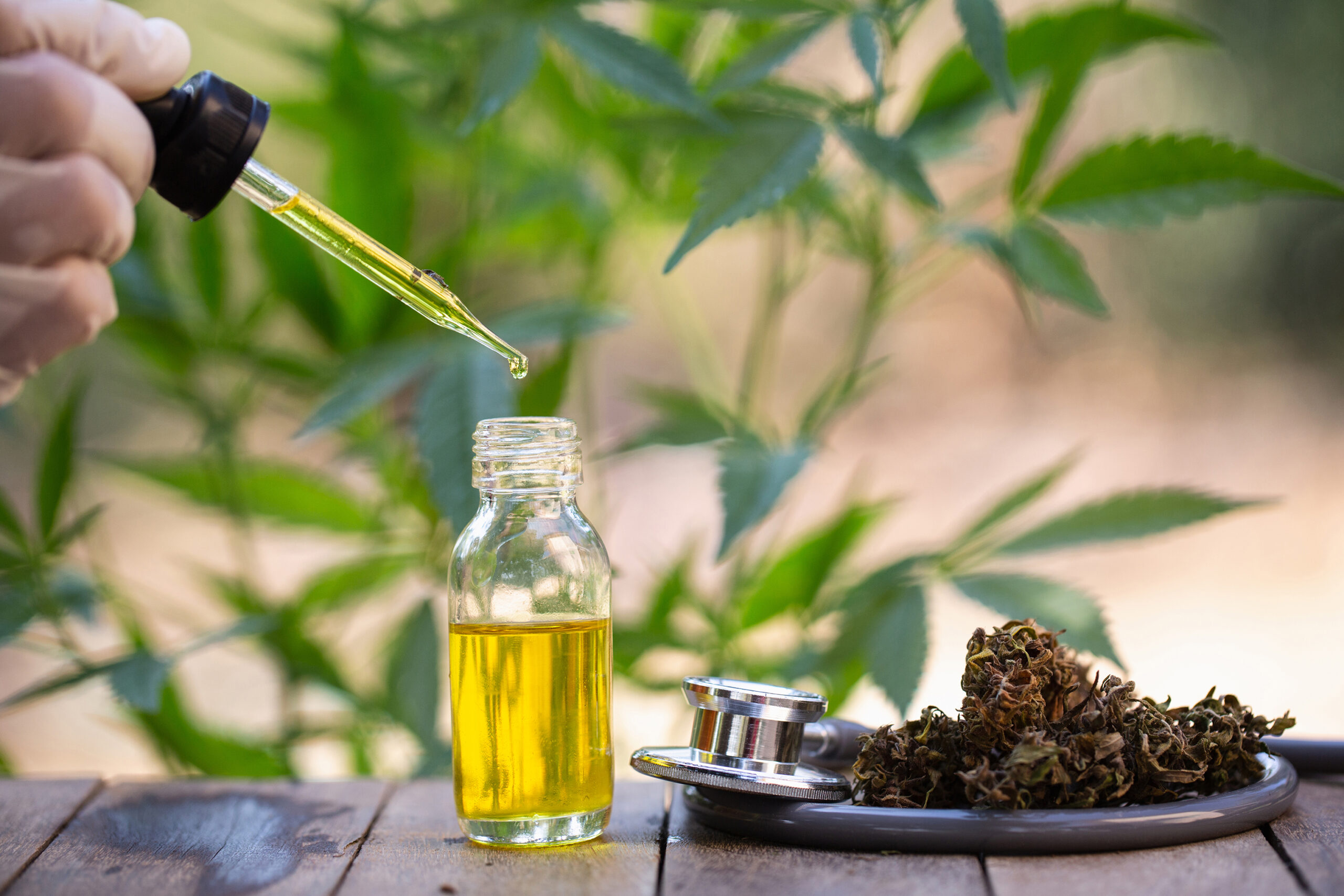In recent years, CBD oil has gained significant attention for its potential health benefits and therapeutic properties. CBD, short for cannabidiol, is a natural compound derived from the cannabis plant. Unlike its counterpart, THC (tetrahydrocannabinol), CBD does not produce the psychoactive effects commonly associated with marijuana use. This has led to a surge in interest and research surrounding CBD’s potential to alleviate various health issues. In this comprehensive guide, we will delve into the fundamental aspects of CBD oil, its uses, benefits, potential side effects, and important considerations for those looking to incorporate it into their wellness routine.
Origins and Extraction
CBD is extracted from both the marijuana and hemp plants, which are two varieties of the cannabis plant. Hemp-derived CBD oil is legal in many parts of the world because it contains only trace amounts of THC, usually less than 0.3%. This low THC content ensures that users can experience the potential therapeutic benefits of CBD without the “high” associated with marijuana use. Extraction methods vary, but the CO2 extraction process is one of the most common. This method uses pressurized carbon dioxide to extract CBD from the plant, resulting in a pure and potent oil.
How CBD Interacts with the Body
The human body contains an endocannabinoid system (ECS), a complex network of receptors that plays a crucial role in maintaining various physiological processes such as mood, pain sensation, sleep, and appetite. CBD interacts with the ECS by influencing its receptors, primarily the CB1 and CB2 receptors. While CB1 receptors are mainly found in the brain and central nervous system, CB2 receptors are prevalent in immune cells. CBD’s interaction with these receptors can lead to a range of potential health benefits.
Potential Health Benefits
CBD oil has been studied extensively for its potential therapeutic effects on a variety of health issues. Some of the most commonly explored benefits include
A. Pain Relief
CBD’s potential to alleviate pain is one of its most well-known properties. It may help reduce chronic pain by influencing the endocannabinoid receptor activity, reducing inflammation, and interacting with neurotransmitters.
B. Anxiety and Stress
Research suggests that CBD may have anxiolytic (anxiety-reducing) effects. It could help manage conditions like generalized anxiety disorder, social anxiety, and post-traumatic stress disorder by interacting with serotonin receptors in the brain.
C. Sleep Disorders
Individuals struggling with sleep disorders may find CBD beneficial, as it could help regulate sleep patterns. Its calming effects on the nervous system might promote better sleep quality and alleviate insomnia.
D. Neurological Disorders
CBD’s potential neuroprotective properties have sparked interest in its application for neurodegenerative disorders such as Alzheimer’s and Parkinson’s disease. It may also help manage symptoms related to epilepsy and multiple sclerosis.
E. Skin Conditions
Topical application of CBD oil in the form of creams or balms may aid in managing skin conditions like acne, eczema, and psoriasis due to its anti-inflammatory and antioxidant properties.
Dosage and Consumption
The appropriate dosage of CBD oil can vary widely depending on factors such as an individual’s weight, metabolism, the severity of the condition being treated, and the concentration of CBD in the product. It’s advisable to start with a low dose and gradually increase it while closely monitoring its effects. CBD oil can be consumed in various forms:
A. Sublingual
Sublingual consumption involves placing a few drops of CBD oil under the tongue and holding it there for about a minute before swallowing. This method allows for faster absorption through the mucous membranes in the mouth.
B. Oral Consumption
CBD oil can be ingested directly by swallowing it, usually in the form of capsules, edibles, or adding it to food and beverages. Keep in mind that the onset of effects might be slower with this method due to the digestive process.
C. Topical Application
For localized relief, CBD-infused creams, balms, and lotions can be applied directly to the skin. This is commonly used for managing pain and skin conditions.
D. Inhalation
Inhaling CBD through vaping involves heating the oil and inhaling the vapor. This method provides rapid effects, but it’s essential to choose high-quality vape products and be cautious due to potential lung-related concerns.
Potential Side Effects
CBD is generally well-tolerated by most individuals, but there can be side effects, particularly when taken in high doses. Common side effects might include changes in appetite, dry mouth, drowsiness, and diarrhea. It’s crucial to consult with a healthcare professional before incorporating CBD oil into your routine, especially if you’re currently taking medications or have underlying health conditions.
Legal Considerations
The legal status of CBD oil varies from country to country and even within regions of a country. In some places, CBD products are widely available and legal, while in others, they might be heavily regulated or prohibited. Always ensure you are aware of the local laws and regulations before purchasing or using CBD oil.
Quality and Safety
With the growing popularity of CBD oil, the market has seen an influx of products of varying quality. When purchasing CBD oil, opt for products that have been third-party tested for purity and potency. Look for Certificates of Analysis (COA) from reputable labs, which provide information about the product’s cannabinoid content and any potential contaminants.
Consulting a Healthcare Professional
Before incorporating CBD oil into your wellness routine, it’s advisable to consult with a healthcare professional, especially if you have pre-existing medical conditions or are taking other medications. A healthcare provider can help you determine the appropriate dosage and method of consumption based on your individual needs.
Conclusion
CBD oil has shown promising potential as a natural remedy for various health issues, ranging from pain and anxiety to skin conditions and neurological disorders. While research is ongoing, many individuals have reported positive experiences with its use. As with any health-related decision, it’s crucial to approach CBD oil use with informed caution. Understanding its origins, interactions with the body, potential benefits, and safety considerations will empower you to make well-informed decisions about incorporating CBD oil into your wellness regimen. Remember to prioritize quality, legality, and consultation with a healthcare professional to ensure a safe and effective experience.
Barbara is a freelance writer and a sex and relationships adviser at Dimepiece LA and Peaches and Screams. Barbara is involved in various educational initiatives aimed at making sex advice more accessible to everyone and breaking stigmas around sex across various cultural communities. In her spare time, Barbara enjoys trawling through vintage markets in Brick Lane, exploring new places, painting and reading.
[email protected]
- Fizz, Flavor, and Fun: My Melo THC Beverage Adventure! - April 23, 2024
- Exploring Bunny Lines with Dr. Laura Geige - April 3, 2024
- Lip Fillers, Botox, Dermal Fillers, Anti-Wrinkle Injections in Bank EC3 - March 26, 2024



